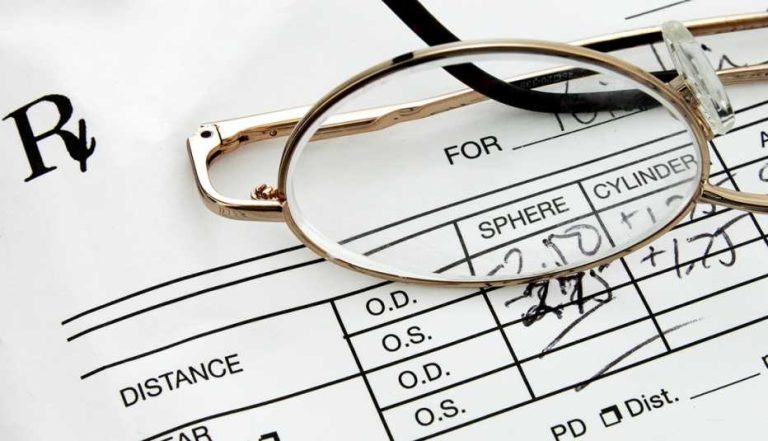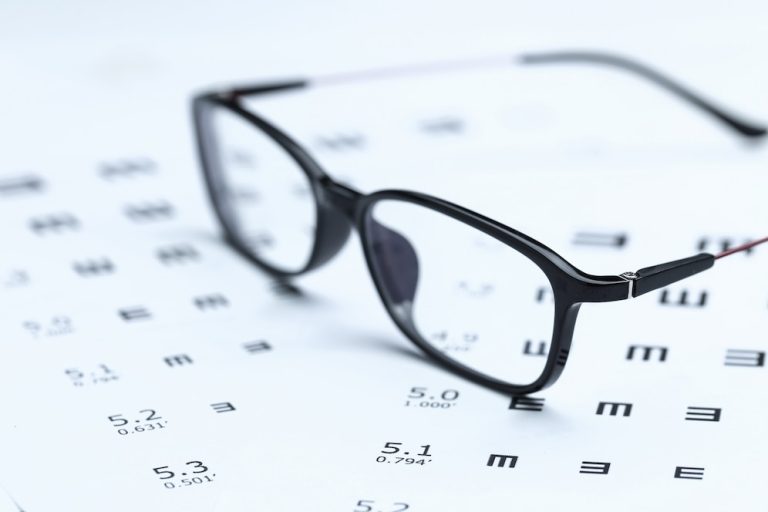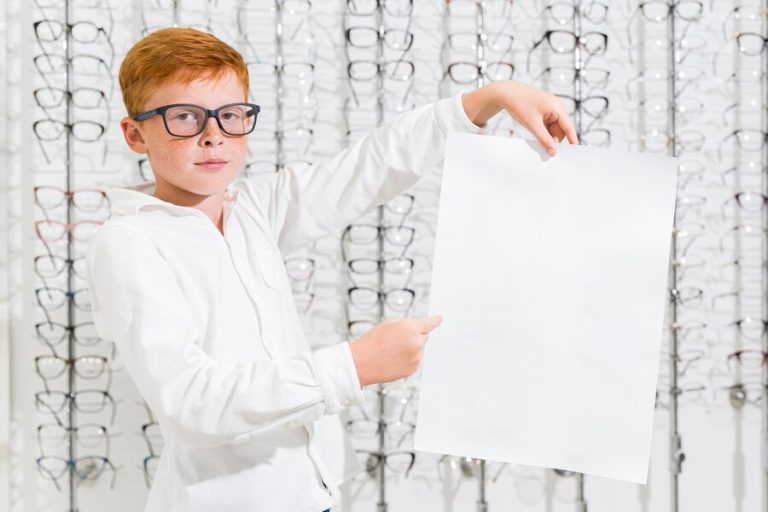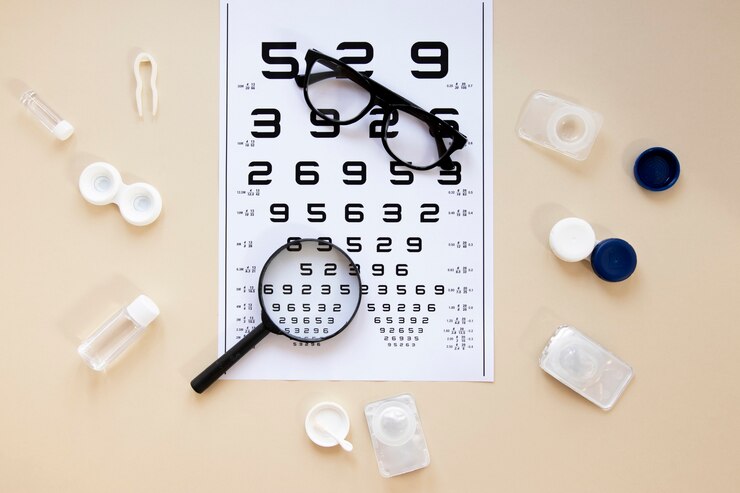Updating Your Eyeglass Prescription: When And Why It’s Necessary
Your eyeglass prescription serves as a roadmap for achieving optimal vision correction. However, like any map, it needs periodic updates to ensure accuracy and effectiveness. Knowing when and why to update your eyeglass prescription is crucial for maintaining clear vision and protecting your eye health. In this article, we explore the signs indicating the need for an updated prescription, the importance of regular eye exams, and the benefits of staying proactive about your visual health.
The Importance of Clear Vision
Clear vision is essential for navigating daily activities, from reading and driving to enjoying hobbies and interacting with others. When your vision is compromised, whether due to nearsightedness, farsightedness, astigmatism, or presbyopia, it can significantly impact your quality of life and safety. Eyeglasses play a vital role in correcting refractive errors and optimizing visual acuity, but their effectiveness depends on the accuracy of your prescription.
Signs You Need an Updated Prescription
- Blurred Vision: One of the most obvious signs that your eyeglass prescription needs updating is blurred vision, both up close and at a distance. If you find yourself squinting or straining to see clearly, it may indicate changes in your refractive error that require adjustment.
- Eye Strain and Fatigue: Prolonged periods of reading, working on digital screens, or engaging in close-up tasks can lead to eye strain and fatigue, especially if your prescription is outdated. Frequent headaches or discomfort around the eyes may signal the need for a new prescription tailored to your visual needs.
- Difficulty with Night Vision: If you experience difficulty seeing in low-light conditions or notice increased glare or halos around lights at night, it could be a sign of changes in your prescription. Nighttime driving may become more challenging and unsafe without proper vision correction.
- Squinting or Tilting Your Head: When your vision is not adequately corrected, you may subconsciously resort to squinting or tilting your head to compensate for blurry or distorted vision. These habits can strain your eyes and exacerbate discomfort over time.
- Changes in Headaches or Dizziness: Unexplained headaches, dizziness, or feelings of imbalance may indicate visual disturbances related to an outdated eyeglass prescription. Addressing these symptoms promptly with an updated prescription can alleviate discomfort and improve your overall well-being.
The Role of Regular Eye Exams
Routine eye exams are essential for monitoring your eye health and ensuring that your eyeglass prescription remains accurate and up to date. During an eye exam, your optometrist or ophthalmologist will assess various aspects of your vision, including visual acuity, refractive error, eye coordination, and eye health. They may also perform additional tests to detect any underlying eye conditions or diseases that could affect your vision.
The American Optometric Association recommends scheduling comprehensive eye exams at least once every two years for adults under the age of 60 and annually for adults aged 60 and older, or as recommended by your eye care provider based on your individual needs and risk factors. However, if you experience changes in your vision or any concerning symptoms between regular exams, don’t hesitate to schedule an appointment for a thorough evaluation.
Benefits of Updating Your Prescription
- Improved Visual Clarity: Updating your eyeglass prescription ensures that your lenses provide the optimal level of correction for your eyesight, resulting in sharper and clearer vision.
- Enhanced Comfort: A properly fitted and adjusted prescription can alleviate eye strain, fatigue, and discomfort associated with uncorrected refractive errors, allowing you to enjoy greater comfort throughout the day.
- Better Performance in Daily Activities: Whether reading, driving, working on a computer, or participating in sports, updated eyeglasses can enhance your performance and productivity by minimizing visual distractions and maximizing visual efficiency.
- Prevention of Eye Health Issues: Regular eye exams not only detect changes in your prescription but also allow your eye care provider to monitor your eye health and detect any signs of underlying conditions or diseases early on. Timely intervention can help prevent vision loss and preserve your ocular health for the long term.
Conclusion
Updating your eyeglass prescription is essential for maintaining clear vision, ensuring comfort, and safeguarding your eye health. By paying attention to signs of visual changes, scheduling regular eye exams, and staying proactive about your visual care, you can enjoy optimal vision correction and peace of mind knowing that your eyesight is in good hands. Don’t delay in seeking professional guidance if you experience any symptoms or concerns related to your vision—your eyes deserve the best care possible.








